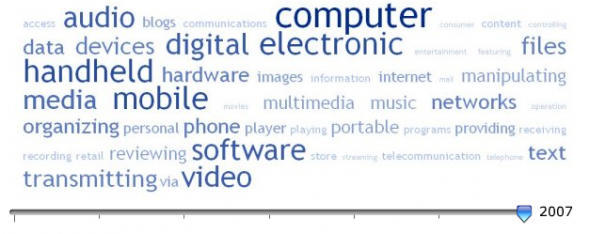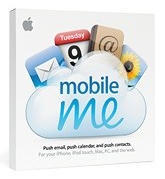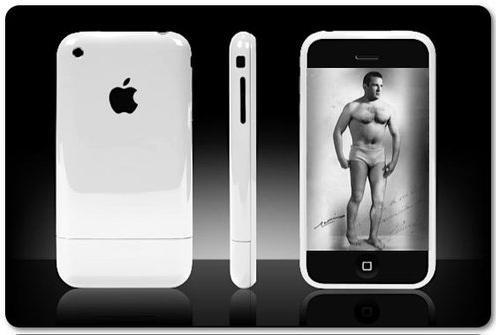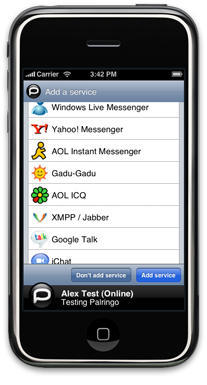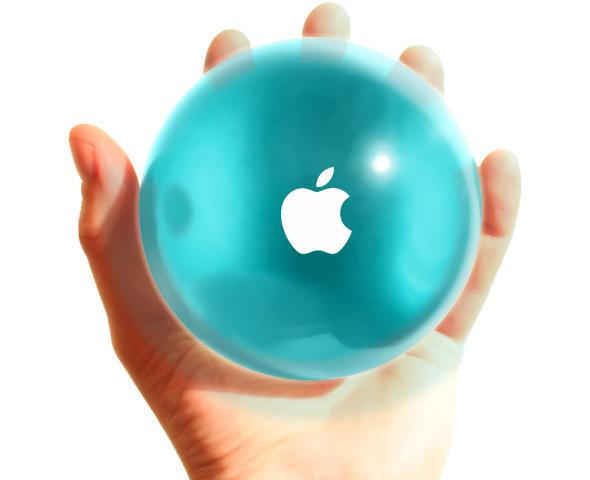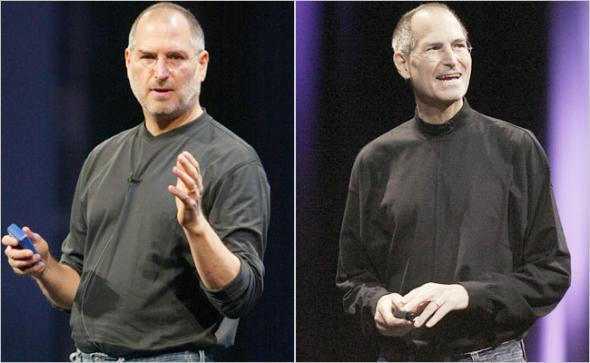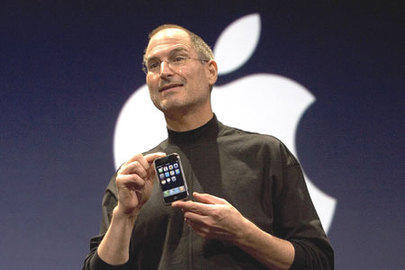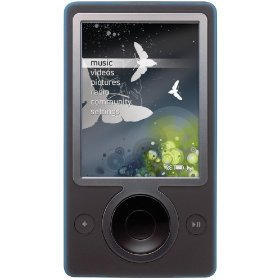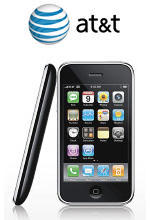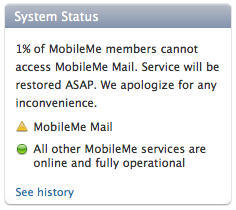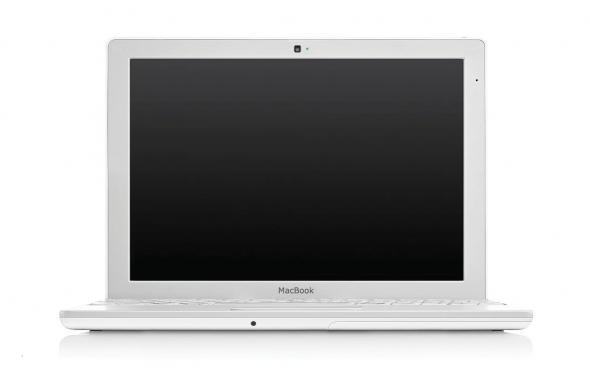Although once famously proud of annihilating its R&D budget, it appears Dell is now in some cases reading from the Book of Apple, in taking existing ideas and–at least in some ways–improving them. In recent weeks, we’ve seen the Dell Dock, taking the UI device from OS X that’s loved and loathed in equal measure and adding handy auto-categorization. (And, yes, I’m well aware Apple didn’t invent docks, but if you’ve been paying attention, that’s kind of my point.)
However, while the Dell Dock is an interesting curiosity, the Studio Hybrid (depicted) is a rather more ballsy production, not only taking on the Mac mini and AppleTV, but exposing some of the shortcomings in Apple’s range of highly consumer-oriented desktop machines.
In terms of hardware, the Studio Hybrid is nothing new: Dell has shoe-horned a laptop’s guts into a small and fairly contemporary form factor. But when it comes to options, Apple’s machine is trumped in some key areas. Dell offers Blu-ray as an option (albeit with a $250 price-tag), HDMI video out, a card reader, and also pushes adding a TV tuner. (Amusingly, you can also add a bamboo shell for $130, which almost makes Apple’s black MacBook price-tag look sensible.)
Sure, there are compromises, not least the Dell lacking Mac OS X, the bizarre omission of wireless in the stock model, and the fact that on Dell’s online store, you have to click ‘Go to Next Component’ about 56 billion times to configure your unit (versus the streamlined and efficient approach taken on the Apple Store). But, to some extent, it does highlight the manner in which Apple is almost dropping the ball when it comes to living-room computing.
AppleTV shows promise, and the future of media is undoubtedly going to be centered around downloads. However, we’re not there yet, and people have too much investment in optical media. Therefore, AppleTV becomes an additional unit to homes already suffering from clutter under their televisions. And the mini, despite offering loads of potential, seems to have been practically shunned by Apple, banished to the corner like an unloved and unwanted child.
Rumors always abound regarding future Apple kit, with pie-in-the-sky wishes dashed by the brutal hand of reality upon an Expo or WWDC keynote. My wishes are rather simpler, though: a Mac mini that genuniely makes a play for the living room. Take a leaf out of Dell’s book, Apple, and bundle in that card reader, so people can more easily bung photos on their TV screen. Add that Blu-ray option for people who want to own media rather than rent downloads. And add HDMI video out by default, so people can connect their mini to a new TV without faffing about with additional leads.
Don’t worry about the bamboo option, though.







